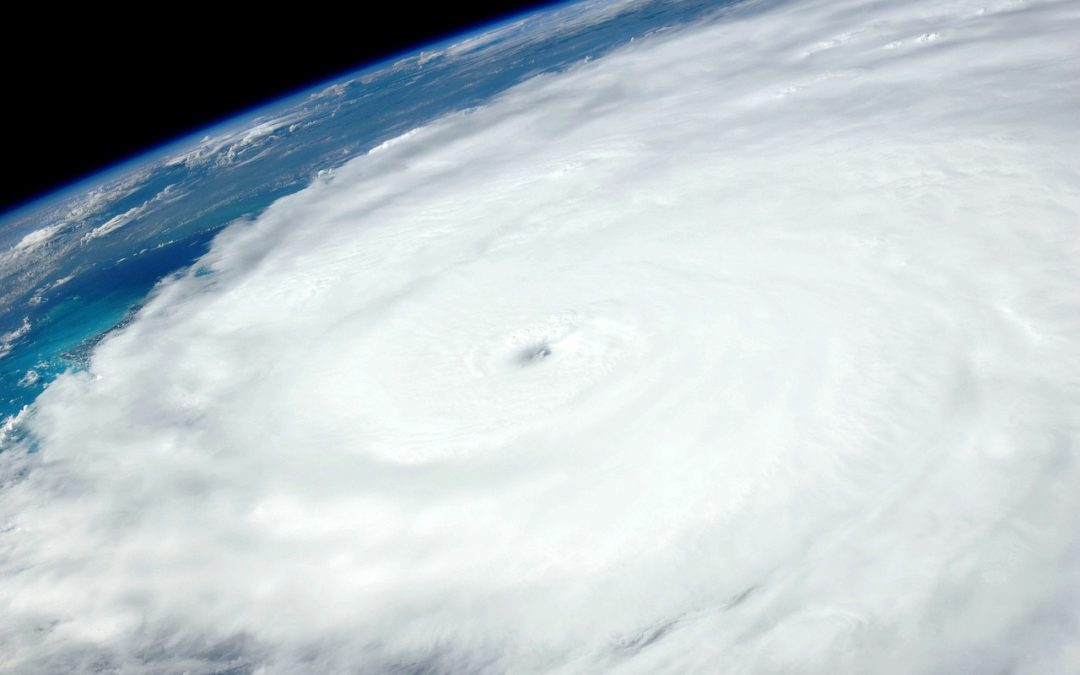The 2019 Atlantic hurricane season officially begin on June 1, 2019, and end on November 30, 2019. North Carolina State University released their forecast on April 16, predicting slightly-above average activity with 13-16 named storms, 5-7 hurricanes and 2-3 major hurricanes.
One of the best ways to prepare for the hurricane season is to be ready for the aftermath. Fo some, the loss of power that happens afterwards is a bigger problem than the storm in some cases. With that, we recommend looking into a generator. Whether it is a whole house system or something that allows you to run a portion of your home, the investment in a generator isn’t just an added convenience, but it can provide a level of safety.
What type of generator do you need? There are several options, from 7-12 kW that will run a few appliances to 22-45 kW generators that will operate an entire home. You can learn more about generators and generator installing costs here.
Do you already have a generator? Then now is the perfect time to have your generator serviced to be sure it is working when you needed. Gold Standard Electric offers a detailed point inspection along with affordable service agreements to keep your generator in top working condition. Learn more about our generator service agreements.
If you do end up purchasing a portable generator, read and follow all the manufacturer’s instructions. Be sure to set it up outside – not in your home or garage – and connect appliances directly to it. Do not wire your generator directly to your breaker or fuse box, because the power you generate may flow back into power lines and cause injuries. Again, Gold Standard Electric can help you with your generator needs and installation. Call us today at: 561-602-8766 or email us at info@goldstandardelectric.com
Trees and Power Line Safety
If a storm develops you may decide to trim tree on your property to minimize damage and danger. Florida Power And Light would like to remind you that ladders and power lines do not mix. If you decide to work outside, look up and note the location of power lines before you begin. Careful avoidance of power lines is extremely important during yard work, especially when using tools, ladders, poles or pruning saws. Be sure that ladders or scaffolds are far enough away so that you – and the ends of the tools you’re using – don’t come within 10 feet of power lines.
Never trim near power lines. Never attempt to trim any vegetation growing on or near power lines. Only specially trained line-clearing professionals should work around power lines. Check your local listings to locate a contractor qualified to trim vegetation around power lines.
After The Storm
Do not travel until it is safe to do so.
Immediately call 911 to report dangerous or hazardous conditions. To report downed power lines or damage to FPL poles, wires or transformers call FPL at 800-4-OUTAGE.
Stay far away from downed power lines, and flooded and debris-laden areas that may be hiding downed power lines. Do not touch anything that may be touching a downed power line.


Recent Comments